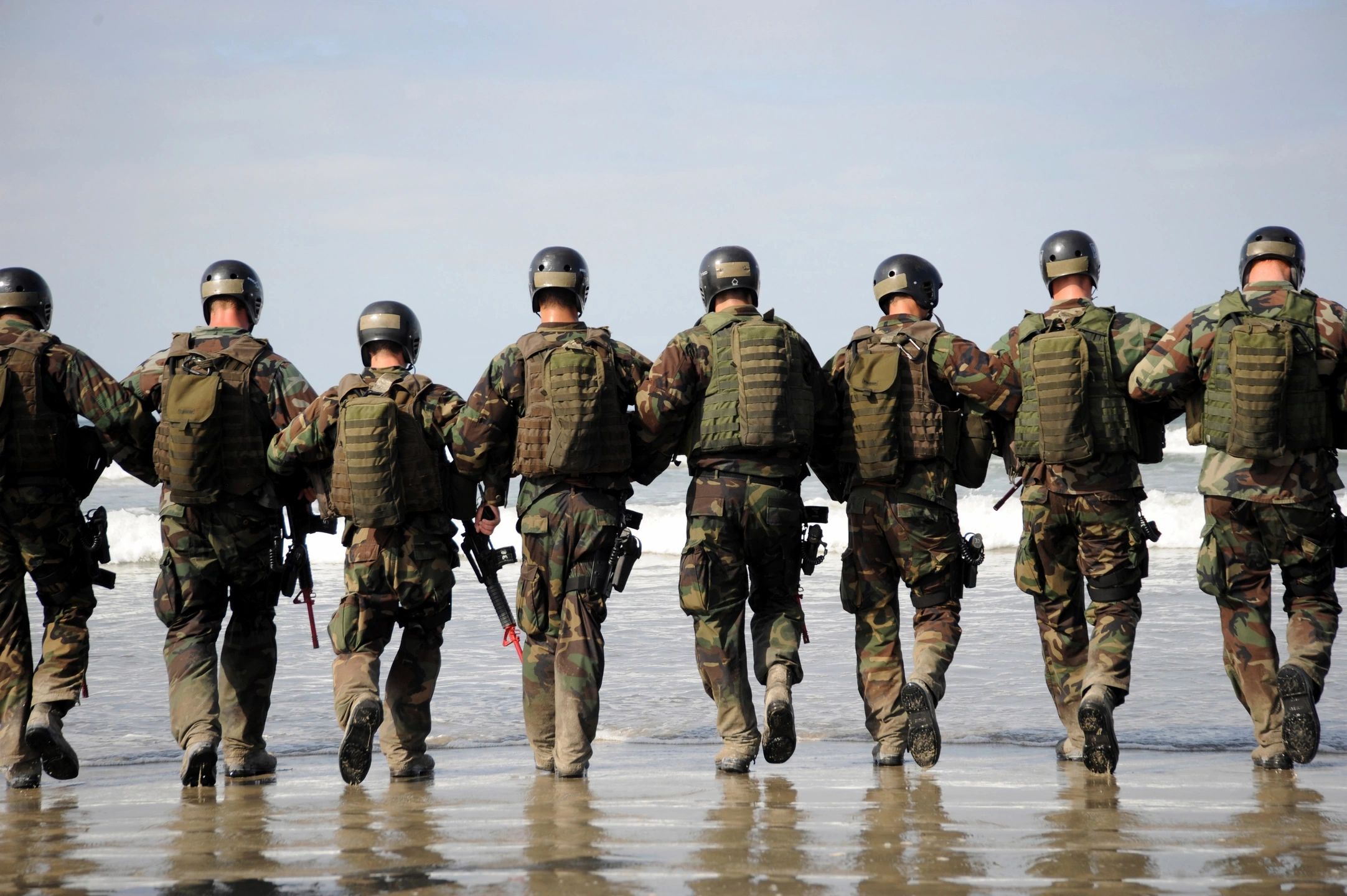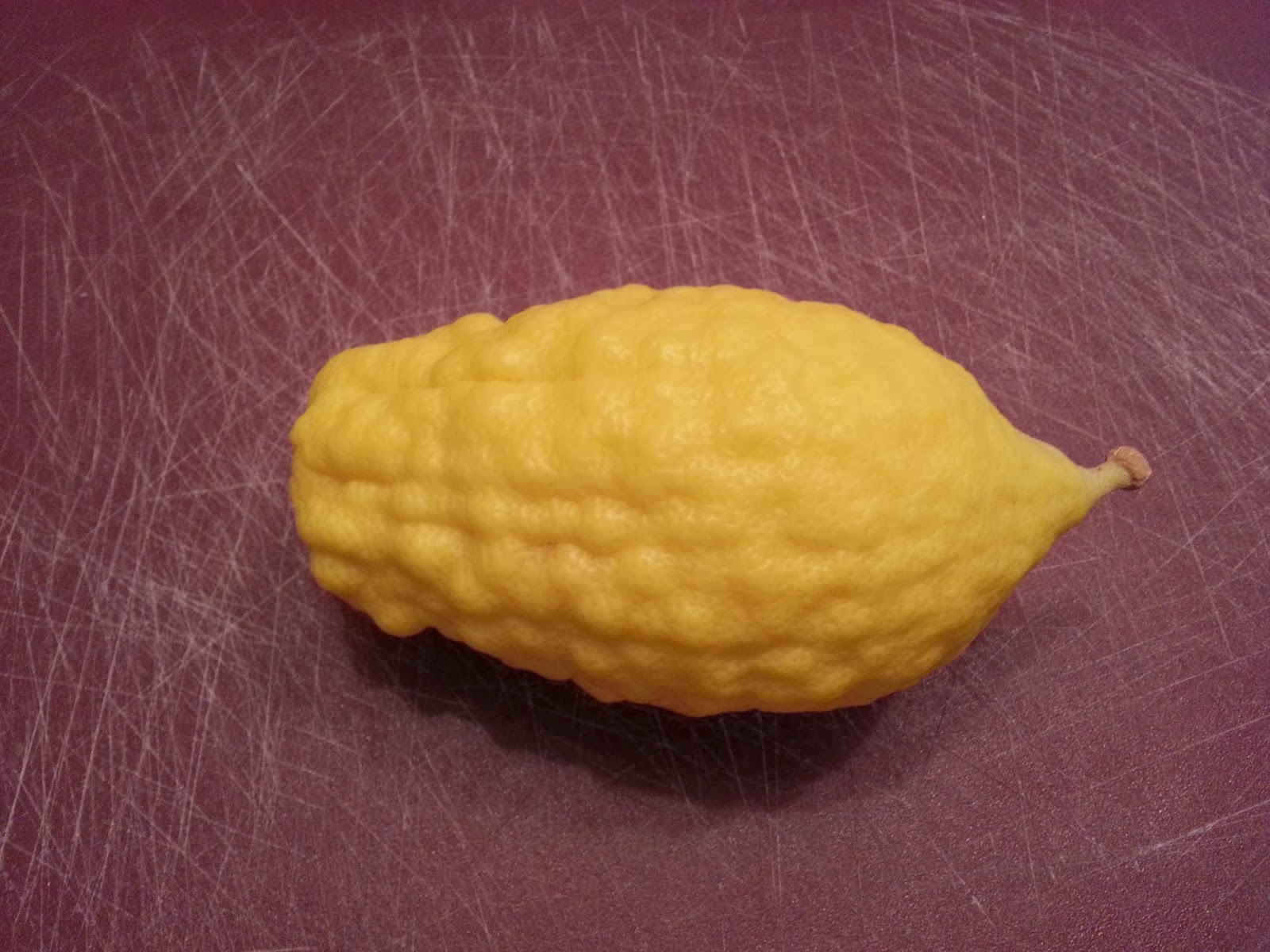“This is the law of the sin offering…” (Vayikra 6:18)
The Gemara explains that the Korban Chatas (sin offering) was to be sacrificed in the same place as the Korban Olah )elevation offering) so that the sinners would be saved from embarrassment. Anyone who witnessed his friend bringing in his Korban (offering) would instead assume that it was a Korban Olah which could be brought as a donation and not in relation to any sin. Based on this practice the Gemara explains that the Sages dictated us to say Shemona Esrei in silence so that someone who is confessing their sins to Hashem will not be embarrassed in front of others (Sotah 32b). Seeking to avoid another’s shame is an essential character trait and a principal aspect of the Mitzvah to love one’s fellow as himself (Vayikra 19:18).
Rav Moshe Kormornick shlita explains with a story involving Rav Chaim Ozer Grodzinsky zt”l which shows just how far one should go in order to avoid someone else’s embarrassment. One day, a stranger in the town stopped the Rav to ask for directions on how to get to his destination. The man had a terrible stutter, so Rav Chaim Ozer walked him all the way to his host’s home. After the stranger was safely where he wanted to be, Rav Chaim Ozer’s students asked why he had taken the man all the way considering his unusually busy schedule that day. Rav Chaim Ozer answered, “If I don’t take him there, he might have needed to ask for directions again, and because of his stutter he may have been embarrassed. To avoid this, I took him all the way myself!”
There is a story about Rav Akiva Eiger zt”l, who once invited a poor man to his home on Friday night. At the meal, a beautiful white tablecloth covered the Shabbos table. When the poor man lifted his glass of wine, it slipped from his hand and the red liquid spilled over the pure white cloth, leaving an ugly stain.
Seeing the poor man squirm in embarrassment, Rav Akiva immediately lifted his own glass of wine and “accidentally” spilled it on the tablecloth. As the poor man looked on in great relief, Rav Akiva remarked, “It seems as if the table is shaky, doesn’t it?” He had willingly made himself look careless to spare the embarrassment of the poor man! The Gemara says: It is preferable for a man to throw himself into a burning furnace rather than disgracing another in public (Kesovos 67b). Always do whatever you can to protect others from embarrassment! (Lilmod Ulelamed)








